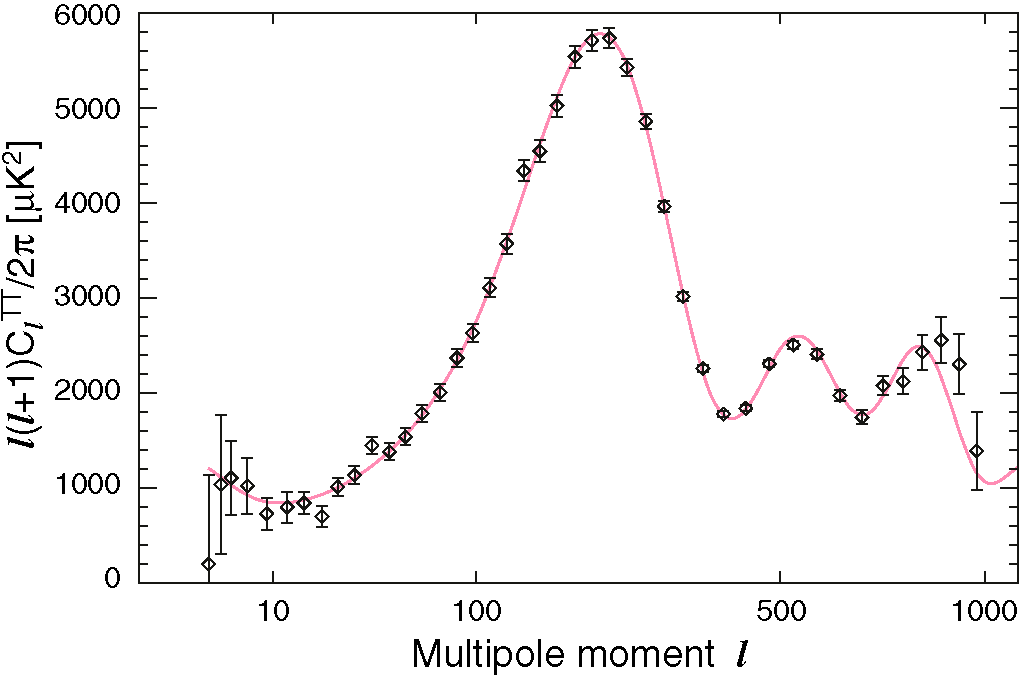Tim Thompson
Muse
- Joined
- Dec 2, 2008
- Messages
- 969
I set the context with the following exchange of opinions from the "Lambda-CDM theory - Woo or not?" thread. However, as we can see, the comments in fact have a wide ranging effect on what we can consider to be "scientific".
So what we have here is a contest between "observation" and "controlled observation", which is really what a "controlled experiment" is. Now, Mozina's opinion is explicit enough; he says "Observations are not 'empirical experiments' ". It is not much of a stretch to read this as "observations are not empirical" period.
This impacts a wide range of fields of science where "controlled experiments" are usually impossible. Astronomy is one example, where the full complexity of a major astronomical object (planet, star, molecular cloud, galaxy & etc.) cannot be reproduced in any laboratory, ever. But so are zoology, anthropology, and a host of natural sciences affected by the crucial difference between "observations" and "controlled experiments". Are naturalists in the field, observing chimpanzees in the wild, for instance, doing science? Are they doing something "empirical"? If you observe your favorite chimps long enough to predict their behavior, and then observe them to verify the prediction (i.e., to validate the hypothesis), is that not science because it is not "controlled"? Is that not an "empirical experiment" because it is not controlled?
My own opinion is made clear in the exchange above as well, I hope. I think both controlled and uncontrolled observations & experiments are on equal standing when it comes to considering them as "empirical" or "scientific". obviously they are not the same thing, and a "controlled experiment" might well allow the experimenter to more stringently qualify their results than is done with an uncontrolled observation in the field. But that does not detract from the empirical, and experimental nature of an uncontrolled observation.
This seems to me to be a fundamental issue of importance across the scientific spectrum. So I thought it would be worthwhile to make it a topic of its own and solicit the opinions of other scientists (or anyone else who cares to join in) who might not be reading a thread with "Lambda-CDM" in the title. What do you all think? Are "uncontrolled" observations equally empirical, equally scientific, compared to controlled experiments? Do those of you working in areas where field observations are common consider yourselves to be scientists, and that you are doing science?
... So, is astronomy an empirical science or not? Are astronomical data empirical or not?
Observations are not "empirical experiments". Astronomical data as you call it is also open to "subjective human interpretation".
I disagree. Yes they are empirical experiments. Astronomical observations constitute valid tests of astronomical hypotheses, in exactly the same sense as an experiment in an organic chemistry lab. In both cases there is an hypothesis to test, and the observations serve that purpose. In both cases criteria are established prior to the experiment, whereby either the verification or falsification of the hypothesis can be established. There is no difference between the data gained by astronomical observation to test astronomical hypotheses and the data gained in a controlled laboratory experiment to test a laboratory hypothesis.
Observations are *not* empirical experiments. There is no "control mechanism", and no "experiment" actually occurring. We are "observing" something, and making "subjective interpretations (different ones)" from this uncontrolled observation. ... But Tim, there is no 'control mechanisms' as it relates to events in deep space. All we can do is observe these events without any hope of "controlling" them.
So what we have here is a contest between "observation" and "controlled observation", which is really what a "controlled experiment" is. Now, Mozina's opinion is explicit enough; he says "Observations are not 'empirical experiments' ". It is not much of a stretch to read this as "observations are not empirical" period.
This impacts a wide range of fields of science where "controlled experiments" are usually impossible. Astronomy is one example, where the full complexity of a major astronomical object (planet, star, molecular cloud, galaxy & etc.) cannot be reproduced in any laboratory, ever. But so are zoology, anthropology, and a host of natural sciences affected by the crucial difference between "observations" and "controlled experiments". Are naturalists in the field, observing chimpanzees in the wild, for instance, doing science? Are they doing something "empirical"? If you observe your favorite chimps long enough to predict their behavior, and then observe them to verify the prediction (i.e., to validate the hypothesis), is that not science because it is not "controlled"? Is that not an "empirical experiment" because it is not controlled?
My own opinion is made clear in the exchange above as well, I hope. I think both controlled and uncontrolled observations & experiments are on equal standing when it comes to considering them as "empirical" or "scientific". obviously they are not the same thing, and a "controlled experiment" might well allow the experimenter to more stringently qualify their results than is done with an uncontrolled observation in the field. But that does not detract from the empirical, and experimental nature of an uncontrolled observation.
This seems to me to be a fundamental issue of importance across the scientific spectrum. So I thought it would be worthwhile to make it a topic of its own and solicit the opinions of other scientists (or anyone else who cares to join in) who might not be reading a thread with "Lambda-CDM" in the title. What do you all think? Are "uncontrolled" observations equally empirical, equally scientific, compared to controlled experiments? Do those of you working in areas where field observations are common consider yourselves to be scientists, and that you are doing science?

 The horse has bolted
The horse has bolted